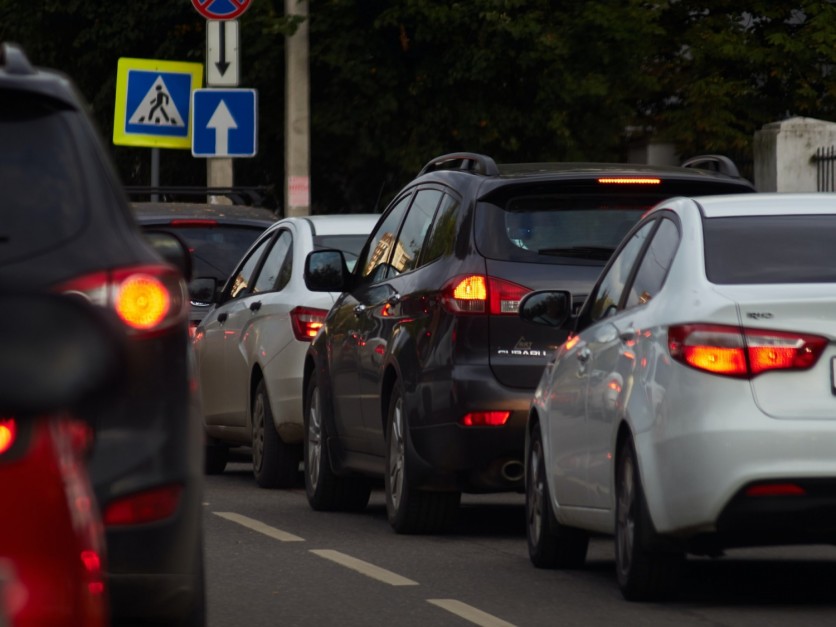
If self-driving vehicles become the norm, traffic jams in the UK might become almost twice as terrible as they are now, according to a government assessment.
In that scenario, delays are expected to increase by as much as 85% between 2025 and 2060, as per forecasts made by the Department of Transport (DfT) for England and Wales.
Meanwhile, in August 2022, the DfT reportedly projected that autonomous cars would be ready for widespread usage by 2025.
The Possibility of Boosting the Elderly and Non-drivers' Mobility
Evening Standard reported that the recent government analysis assumes a rapid adoption of electric vehicles (EVs), and those connected and autonomous cars will make up 50% of the automotive fleet by 2047.
The paper states that this would increase traffic since it would increase the mobility of the elderly and others who do not presently have a driving license.
A document released in December 2022 suggests passengers will be more agreeable to waiting in traffic because of the convenience of self-driving cars and the flexibility to work or rest during the commute.
In the PA news agency's interview with RAC Foundation director Steve Gooding, he said there are presently 5.9 million license holders aged 70 or over in Britain, so the need for mobility is expected.
Gooding acknowledged that autonomous cars offer the potential of freedom for elderly individuals and those who do not drive for whatever reason.
He has speculated that the implementation of autonomous technologies would be pivotal.
Having a personal driverless vehicle would increase traffic volume and parking difficulties. However, if people are willing to use these cars on demand and forsake private ownership, there then be a win-win outcome.
Gooding said there could be quieter highways, cheaper transit costs, and fewer cars shared by many.
Read Also : US Treasury Suggests Imported EVs May Qualify for Tax Credits via Commercial Leases Starting Jan. 1
To Let it Happen or Not?
Based on a new study by traffic data provider Inrix, drivers in the UK wasted an average of 80 hours last year due to congestion, an increase of seven hours from 2021.
The typical London motorist would spend 156 hours stuck in traffic in 2022, making the city the most congested in the world.
Christian Wolmar, a broadcaster and author of Driverless Cars: On a Road to Nowhere, believes that the government should not be attempting to accommodate the amount of traffic anticipated by self-driving cars.
He emphasized the need to do everything necessary to prevent this from happening.
He said, "I think there is zero chance of there being driverless cars that operate in mixed areas with other traffic in any large amount or in any difficult situation. There has been very little real progress in terms of creating cars that could go anywhere in any conditions."
As of now, vehicle manufacturers are working on these driverless features even though fully autonomous vehicles are illegal in the UK.
Read Also : Tevva Receives Approval for Commercial Production of Its 7.5-Tonne Battery E-Truck TEV75

ⓒ 2025 TECHTIMES.com All rights reserved. Do not reproduce without permission.




